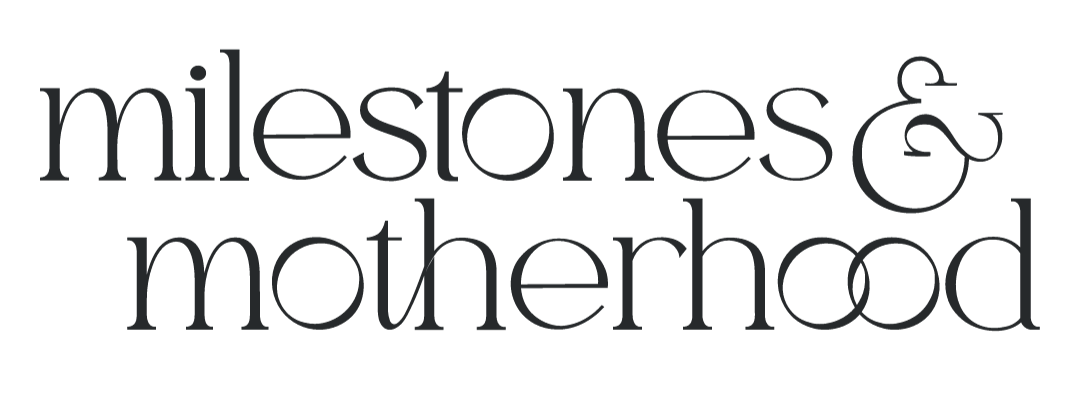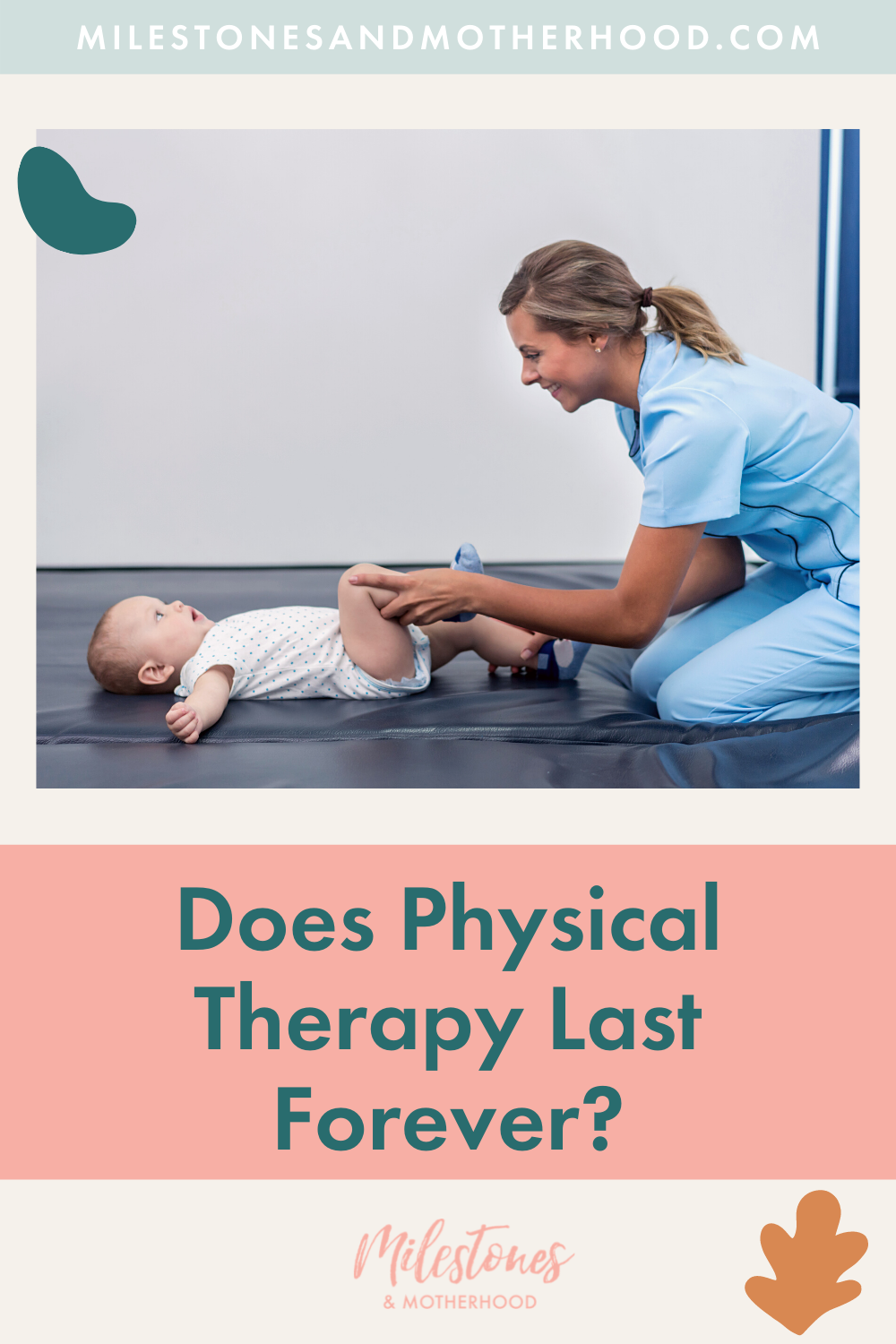Does Physical Therapy Last Forever?
“My child might need physical therapy services. Does that mean they’ll need them forever?”
Answer: While the answer to this is so individualized and depends on many factors, I’ve seen so many variations of this question and wanted to address it in a general sense! The short answer is absolutely not! One milestone is not indicative of another, a delay in one domain absolutely isn’t indicative of a delay in others either!
I find it easiest to think of it this way … with early intervention (aka birth to 3-year-old programs), we are hoping to catch any possible sources of delays EARLY, implement help for the child & education for the parents on what to look for & how to help when it comes to milestone acquisition, and then send your family on your way once your little has graduated! The first 3 years of life are INCREDIBLE in regards to how much learning and development takes, and that means there are LOTS of opportunities for growth and changes to be made to the brain as well!
That being said - I absolutely understand there can be a huge array of emotions when it comes to learning your child may need a little boost in therapy, so please, allow yourself to feel whatever you are feeling, and know that you are TRULY doing an amazing job for your little one, and they are doing amazing as well!
Now - once the birth to 3 program ends, there is typically a re-evaluation or discharge process. The discharge process can also happen at any other point, and I highly recommend this be an ongoing conversation with your team! You should feel absolutely free to discuss concerns, successes, progress towards goals, and planning for continued treatments or discharge. They are absolutely your teammates, and the best way to see success is to keep those lines of communication open!
If your child is ready to move on without services at any point, amazing! If they are not quite ready as the 3-year mark approaches, generally speaking (although this varies by location), a preschool evaluation is done. This will determine eligibility for ongoing services, which are then covered by your school district (whether your child is attending preschool or not!). Pre-school services are available from 3-5 years of age, and again, discharge is typically an option at any time! The biggest shift from Early Intervention services to preschool services is the change in focus. In early intervention, we are looking at development & milestone acquisition. This includes IF and HOW a child is completing a milestone, which gives us the opportunity to address any underlying areas of weakness, tightness, etc, so they are less likely to impact development as a child ages! As a child moves towards pre-school, we begin looking at function and safety within the school setting. Things like, are they able to safely and fully participate within an educational environment, maintain pace with their peers, negotiate the school setting & everything that comes with that, etc!
As they approach kindergarten age, a re-evaluation is typically performed to determine if ongoing services are necessary. It will focus on the same questions mentioned regarding preschool.
There is also always an option for outpatient or private pediatric physical therapy services, which is insurance or private pay based and does not necessarily require the same qualifying aspects, questions, & assessments.
All in all, the need for initial or ongoing physical therapy services is as individualized as your child, and my hope is that you feel empowered and able to navigate the process with confidence, regardless of your situation!
WANT MORE?
For developmental questions, tips and guidance related to milestones about tummy time, rolling & sitting, crawling and walking, check out KC’s developmental Masterclasses linked here.
KC is a pediatric doctor of physical therapy, wife and mom of two (soon to be three)! She has spent her career working with children and young adults of all ability levels, and currently specializes in birth to three years.



